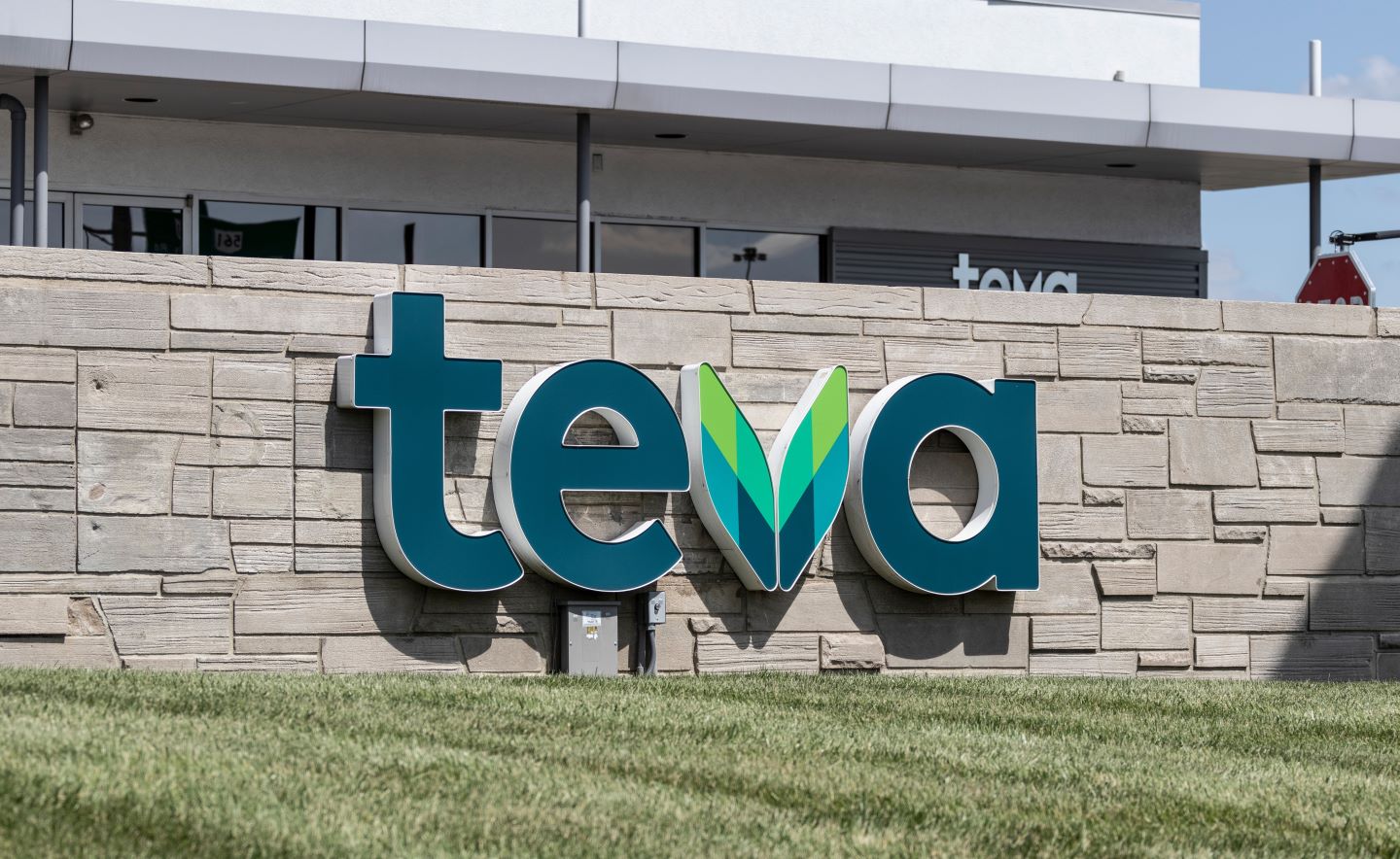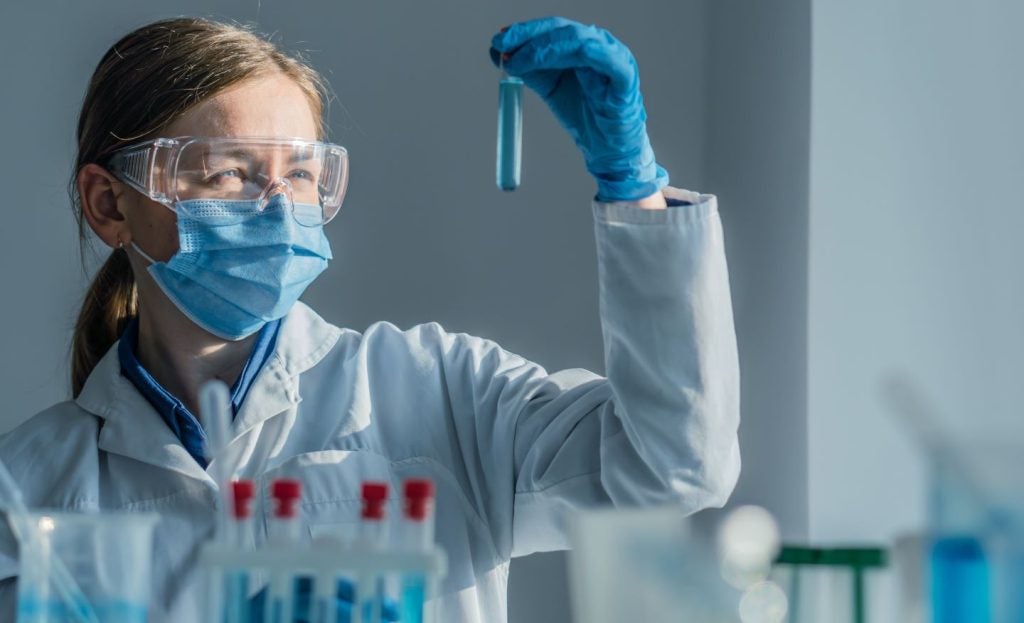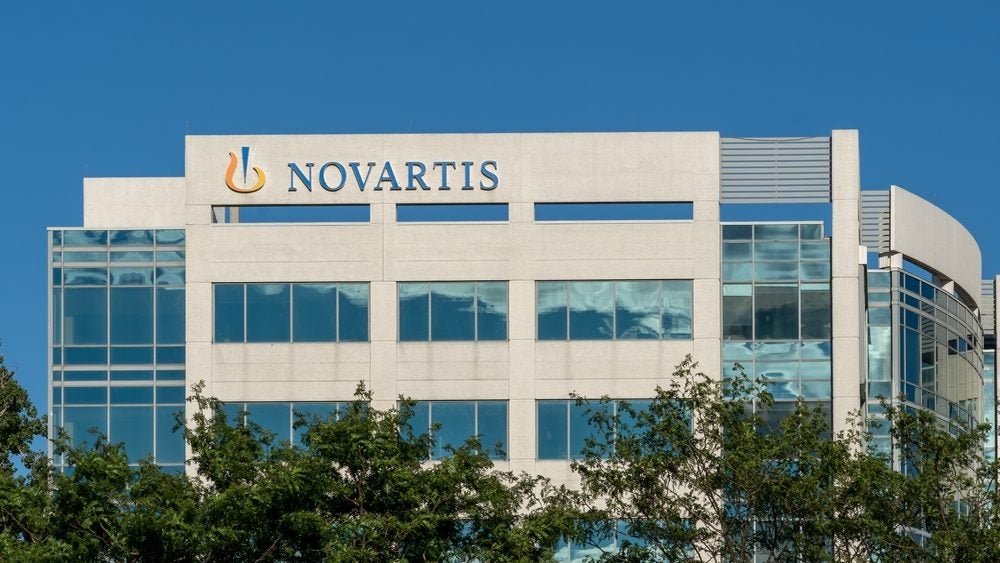
Teva Pharmaceutical has signed an exclusive licence agreement with Biolojic Design to develop a new antibody-based therapy, BD9, to treat atopic dermatitis and asthma.
The companies did not disclose the financial terms of the agreement.
Teva will obtain exclusive development, manufacturing and commercialisation rights for BD9 across the globe.
Biolojic will receive an upfront payment and payments contingent on meeting pre-clinical, clinical, regulatory and commercial milestones.
Teva will make royalty payments to Biolojic on sales following the successful marketing of the antibody.
The latest deal is in line with Teva’s “Pivot to Growth” strategy announced in May 2023.
How well do you really know your competitors?
Access the most comprehensive Company Profiles on the market, powered by GlobalData. Save hours of research. Gain competitive edge.

Thank you!
Your download email will arrive shortly
Not ready to buy yet? Download a free sample
We are confident about the unique quality of our Company Profiles. However, we want you to make the most beneficial decision for your business, so we offer a free sample that you can download by submitting the below form
By GlobalDataThe strategy aims to boost innovation by bolstering its early-stage pipeline through organic processes and strategic collaborations.
Teva Pharmaceutical president and CEO Richard Francis stated: “Based on the size of the indications and validity of the targets, this collaboration with Biolojic presents an incredible opportunity to bring this treatment to many patients.
“BD9 can tune itself to the specific underlying conditions of the disease and potentially help more patients who do not respond to current therapies and improve outcomes for existing responders, thus addressing a large unmet need.”
A dual-specific antibody, BD9 can hinder both thymic stromal lymphopoietin (TSLP) and IL-13. It can potentially treat TH2-driven inflammatory ailments such as atopic dermatitis and asthma.
Biolojic Design CEO and founder Yanay Ofran stated: “The potential therapy we designed for atopic dermatitis and asthma is another example of how AI can revolutionise drug development.
“As Biolojic continues to focus on developing its internal fully owned pipeline, we are excited that our platform may allow Teva to develop BD9 as a novel therapeutic approach that has the potential to be best-in-class.”
The latest development comes after Teva concluded a partnership deal with Sanofi to jointly develop and commercialise the anti-tumour necrosis factor-like ligand 1A therapy, TEV’574.







